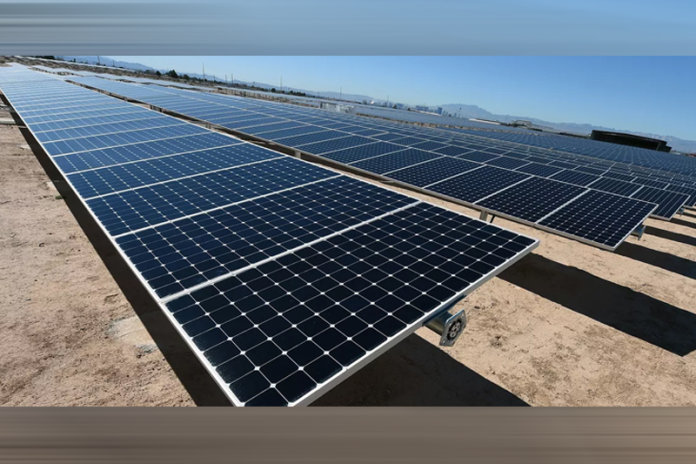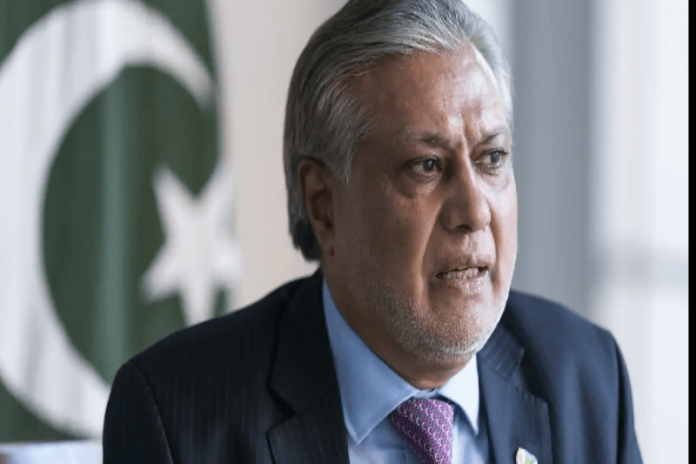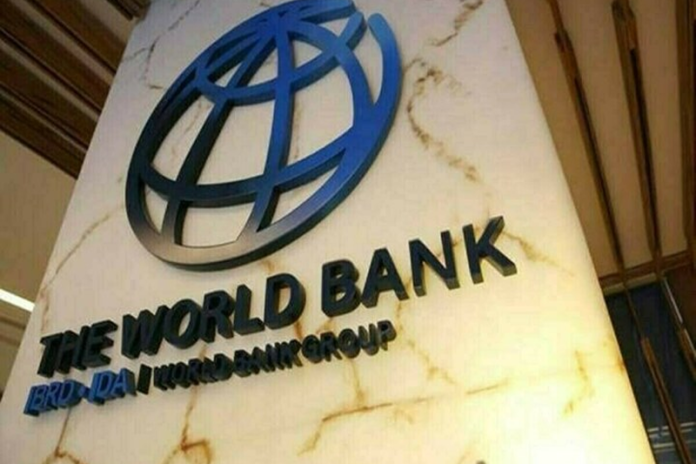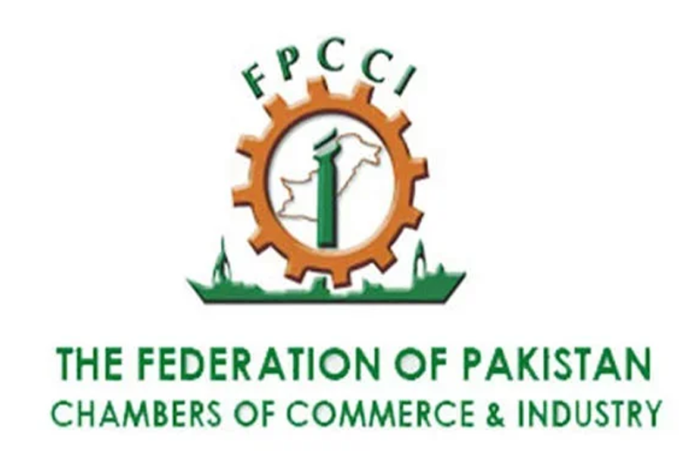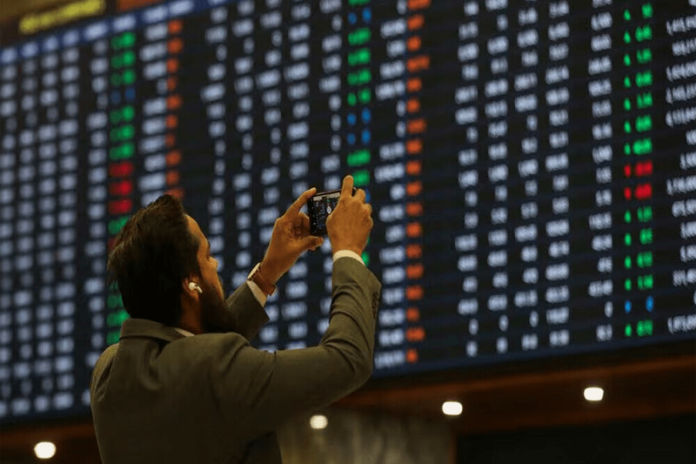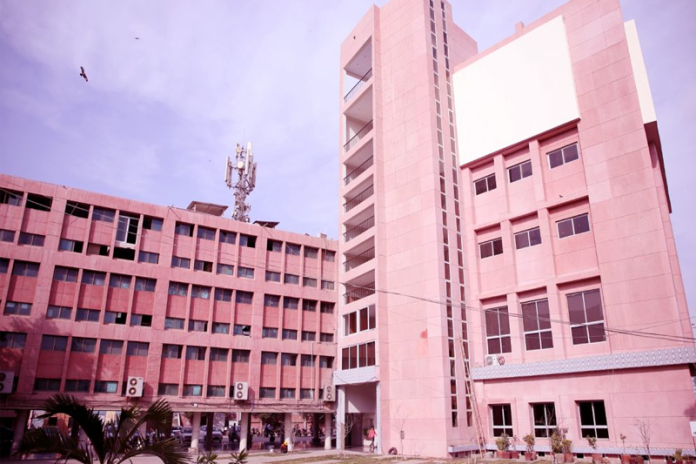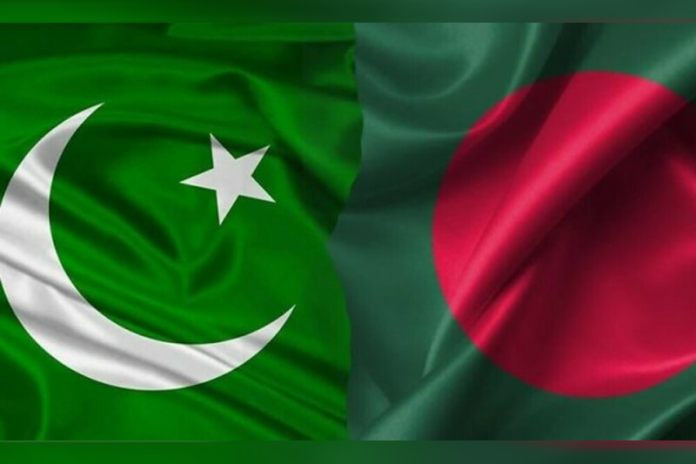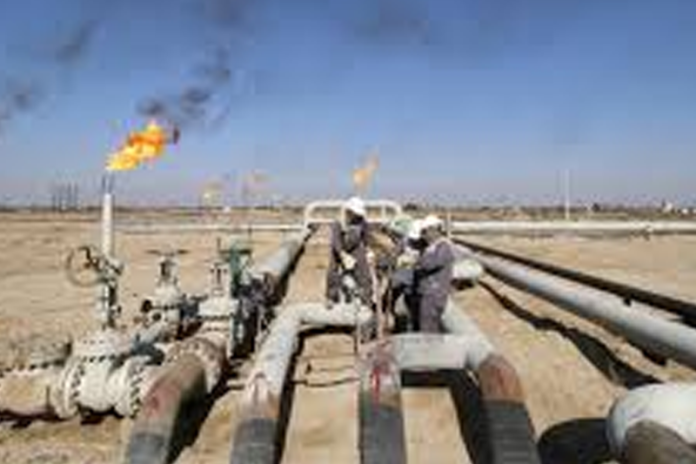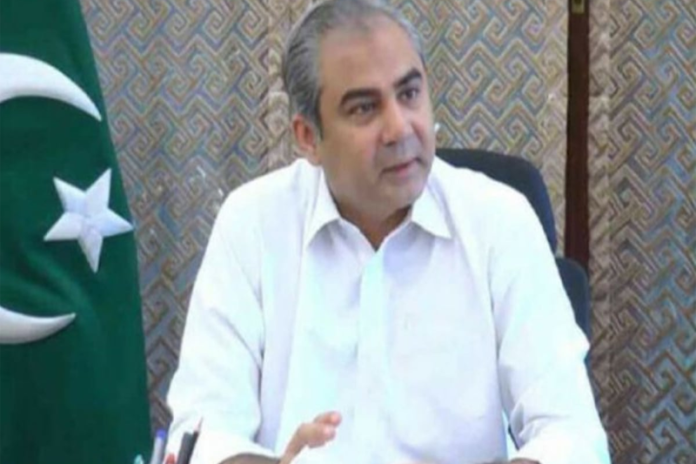PM Shehbaz meets WB delegation to discuss $40bn agreement
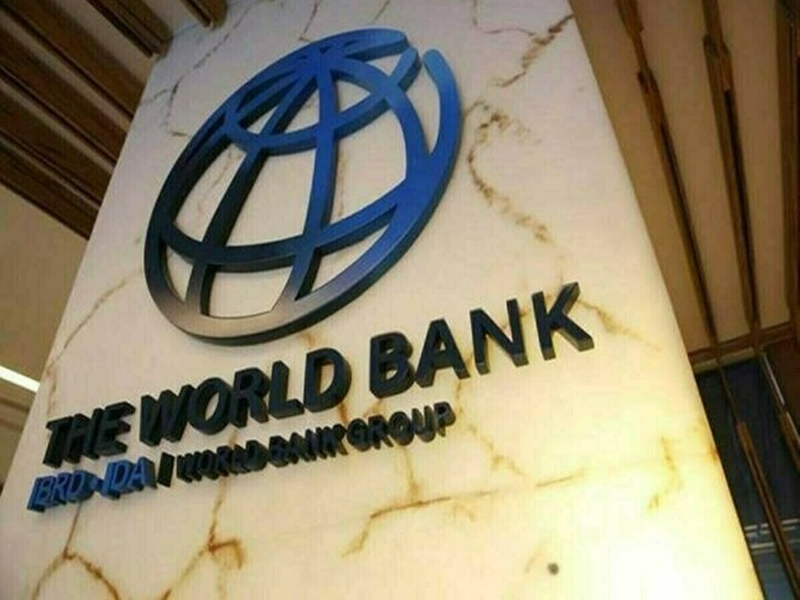
- 188
- 0
ISLAMABAD: In a significant development, Prime Minister Shehbaz Sharif met with the Executive Directors of the World Bank, who arrived in Pakistan on Monday for the first time in two decades to review the progress and implementation of a $40 billion funding initiative.
The visit marks a new chapter in Pakistan's partnership with the World Bank, one that spans over seven decades. Prime Minister Shehbaz Sharif extended a warm welcome to the delegation, emphasizing the longstanding collaboration between Pakistan and the World Bank. He noted that numerous major infrastructure projects aimed at national development and reconstruction have been undertaken with the World Bank's support, playing a pivotal role in the country's growth.
"Under the World Bank's recent Country Partnership Framework, an investment of $40 billion will be made in Pakistan, which is a welcome development," PM Shehbaz said, highlighting the importance of this funding for Pakistan's future. The initiative includes a $20 billion investment to open a new chapter of development, focusing on key sectors such as health, education, youth development, and other critical social areas. The Prime Minister further explained that the additional $20 billion investment in Pakistan's private sector, managed by the World Bank's International Finance Corporation (IFC), would accelerate economic activity and boost the country's overall economic momentum. He expressed gratitude for the World Bank's continued confidence in Pakistan's government and its policies. PM Shehbaz also shared insights into the ongoing efforts by his administration to improve the country's financial landscape.
He informed the delegation that the government is fast-tracking digitization efforts in the Federal Board of Revenue (FBR), an essential step towards controlling inflation and improving tax collection. Furthermore, the Prime Minister spoke about the reforms in Pakistan's power sector, which are aimed at ensuring an uninterrupted power supply while reducing the deficit. The World Bank delegation, which includes nine Executive Directors overseeing portfolios from various countries, expressed their appreciation for the government's reform initiatives in sectors like energy, industry, exports, privatisation, and revenue generation. They acknowledged that the ongoing reforms are already yielding positive results in Pakistan's economic landscape. The World Bank also expressed its support for key sectors in Pakistan's development. In particular, they urged the International Finance Corporation (IFC) to provide targeted assistance to the country's infrastructure, energy, and social development sectors.
In a related development, the IFC announced plans to increase equity investments in Pakistan, targeting large-scale infrastructure projects. IFC Managing Director Makhtar Diop revealed that this initiative could potentially unlock up to $2 billion annually for the next decade. The focus will be on critical sectors such as energy, water, international airports, and ports. This investment is seen as essential for Pakistan's growth and is expected to play a vital role in modernizing the country's infrastructure.
The high-level meeting was attended by several key members of the Pakistani government, including Federal Ministers Ahsan Iqbal, Ahad Khan Cheema, Sardar Owais Khan Leghari, Dr. Musaddiq Malik, and Ministers of State Ali Pervez Malik, Shaza Fatima Khawaja. Also present were Prime Minister's Coordinator Romina Khurshid Alam, Senator Sherry Rehman, MNA Nafisa Shah, and the Prime Minister's Representative for the Polio Program, Ayesha Raza Farooq, among other senior officials. The World Bank delegation will continue to discuss a range of economic development projects and investments in Pakistan, further cementing the financial cooperation between the two parties.















